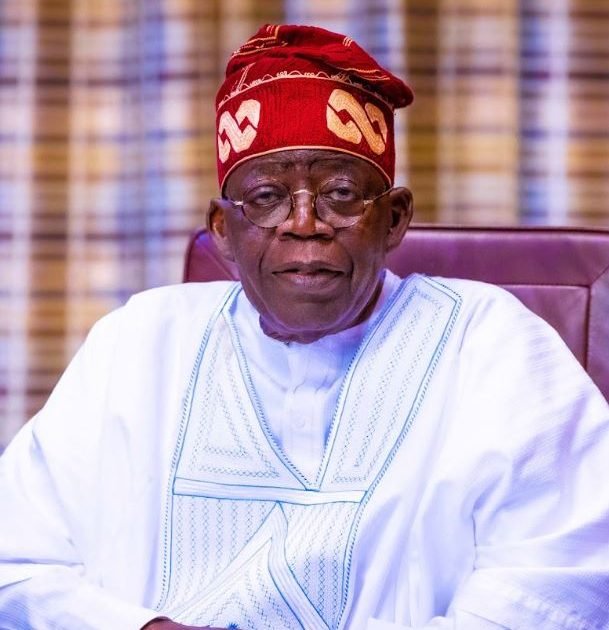Nigeria, also known as the “Giants of Africa,” continues to evoke conflicting feelings of hope and disappointment 64 years after independence. Despite Nigeria’s rich natural resources, young population, and significant cultural influence, structural problems prevent Nigeria from reaching its full potential. The comparison between Nigeria’s promise and unrealized potential is reflected in the idea of the country as a “sleeping giant.”
One of Nigeria’s biggest advantages is that it is the most populous country in Africa, with approximately 200 million people living there. The country’s wide variety of cultures, languages, and customs makes it a leader on the continent. Abundant natural resources, especially crude oil, have supported the economy and brought in huge amounts of money. Nigeria is becoming increasingly influential on the international stage, with cultural exports such as Nollywood and Afrobeats being widely praised.
Despite these advantages, this giant is still very inactive when it comes to development. A significant portion of the population continues to suffer from unemployment, poverty and economic inequality, and daily concerns about infrastructure and security are worsening. Independence in the 1960s gave us the potential for wealth, but it has not been fully realized.
Nigeria’s past is full of examples of lost progress and development. Since achieving independence, the country has suffered from political instability, including a bloody civil war and military occupation. Corruption, resource mismanagement and poor governance are the main reasons why Nigeria is not achieving its full potential. The economy currently has minimal diversification into other industries such as manufacturing, technology, and agriculture, making it vulnerable to shocks due to overreliance on oil and the volatility of global oil markets.
Brain drain is one of the biggest effects of incompetent governments. Too few possibilities at home have led many of Nigeria’s sharpest minds to seek greener pastures abroad. It is this loss of human capital that further hinders the country’s development.
At 64 years old, insecurity remains one of Nigeria’s biggest problems. While banditry, kidnapping, and inter-communal violence are on the rise across the country, the northeastern region continues to struggle with insurgency, primarily carried out by Boko Haram and ISWAP. These security problems not only caused deaths, but also disrupted business operations, displaced thousands of people from their homes, and fueled terrorism.
The country's complex security environment is further strained by the escalating separatist movement in the southeast. Nigeria’s social and economic progress is hampered by its inability to successfully address these issues.
Although Nigeria’s economy is one of the largest in Africa, it has failed to generate wealth for the majority of its citizens. Inflation, unemployment and high costs of living have pushed many people into poverty. Although there are few prospects for formal employment, the informal sector remains very large. Despite some economic reforms, including the introduction of policies to support small businesses and farmers, structural problems continue to hinder growth.
It is also difficult for businesses to thrive when infrastructure is flawed, such as poor-quality road networks, inadequate energy, and lack of medical facilities. Due to a lack of investment in key sectors, Nigeria has lagged behind in industrialization and technological advancement compared to many of its international competitors.
Nigeria’s youth may hold the key to the country’s most hopeful future. Nigeria is one of the youngest countries in the world, with more than 60 percent of the population under the age of 25. Economic development, innovation, and social change can be significantly affected by this demographic dividend. Nigeria’s youth have already demonstrated their ability to innovate and lead, especially in areas such as technology, entertainment and entrepreneurship.
Movements such as #EndSARS called for structural changes in security, governance, and economic possibilities, and highlighted young people’s growing dissatisfaction with the status quo. However, if Nigeria is to fully realize the expectations of its youth, significant spending is needed on education, skills development and job creation.
Leadership is the key to Nigeria’s chances of emerging from its slumber. This country needs leaders who can address the root causes of economic mismanagement, insecurity, and corruption. These leaders must be honest, accountable, and visionary. Proposals have been made for political reorganization to give states greater autonomy and allow different regions to grow according to their own requirements and strengths. But without the political will to make such adjustments, Nigeria risks maintaining the status quo.
Many found hope in the 2023 elections, when the country was looking for a leader to set it on a new path. Reforms in public institutions, judiciary and governance are still needed to ensure that Nigeria can fulfill its potential.
At 64 years of age, Nigeria still faces the paradox of having great potential, but finding it difficult to live up to expectations. It’s not easy, but waking up is possible. Nigeria needs to prioritize national unity, youth empowerment, economic diversification and good governance. In the end, the sleeping giant may awaken to its fullest potential and guide not only Africa but the entire world with the right leadership and teamwork.
•John Kokome is a communications strategist and public affairs analyst. He writes from Lagos.

